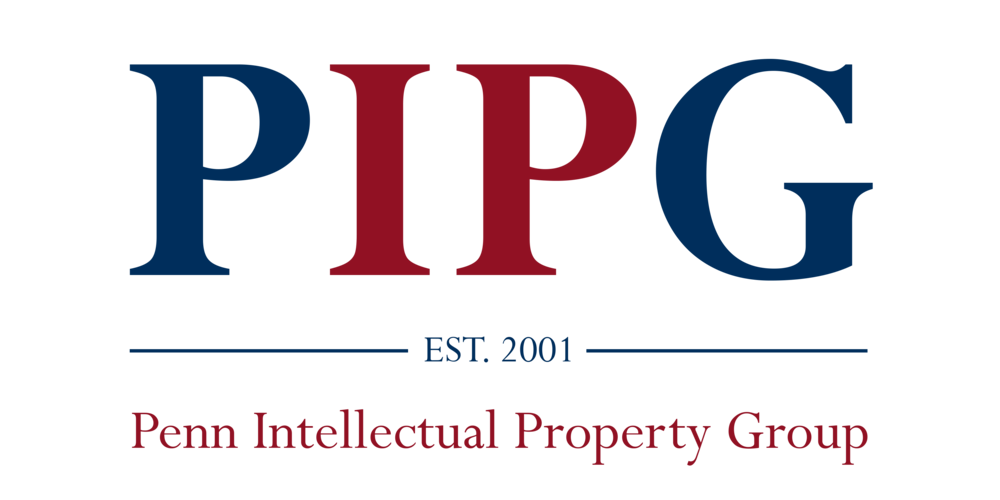Eight mont hs ago on this blog we discussed the case Fairey v. AP, in which Shepard Fairey claimed that his depiction of Barak Obama constituted a fair use of an Associated Press picture. But what exactly is "fair use"? Tim Wu, law professor at Columbia University, writing for Slate, breaks the concept down. Professor Wu writes about the way in which the fair use defense has been used in the past, and what policy considerations courts have weighed in deciding on whether a fair use defense is legitimate. As the case is still being litigated, we do not know if the fair use defense will save Fairy or not.
hs ago on this blog we discussed the case Fairey v. AP, in which Shepard Fairey claimed that his depiction of Barak Obama constituted a fair use of an Associated Press picture. But what exactly is "fair use"? Tim Wu, law professor at Columbia University, writing for Slate, breaks the concept down. Professor Wu writes about the way in which the fair use defense has been used in the past, and what policy considerations courts have weighed in deciding on whether a fair use defense is legitimate. As the case is still being litigated, we do not know if the fair use defense will save Fairy or not.
The fair use defense was used unsuccessfully in the Joel Tenebaum case. Tenebaum was sued by the RIAA for copyright infringement when he downloaded mp3 songs from KaZaA. The court ruled for the RIAA, saying that the fair use defense would not apply in this case. On his blog, Professor Charlie Nesson, who represented Joel Tenebaum, ponders who the word "fair" in fair use is supposed to refer to.
If fair use is to be judged from the industry’s perspective only, then the permission or lack of it from the copyright holder is all that counts ... But if fair use is to be judged from the user’s perspective, then making use of a new, superior form of music product – downloadable, fully transferrable music files – while there was nothing comparable available on the market, can easily be seen as a fair use.
Please read Nesson's blog for further discussion.


